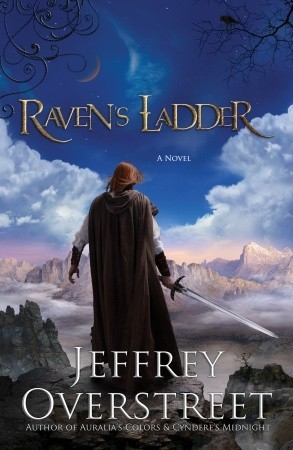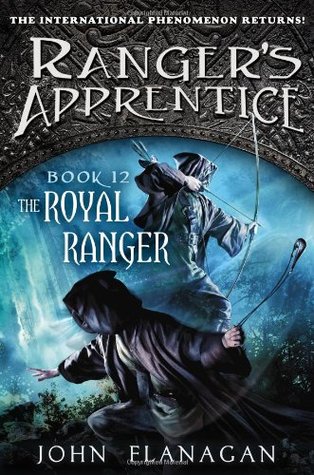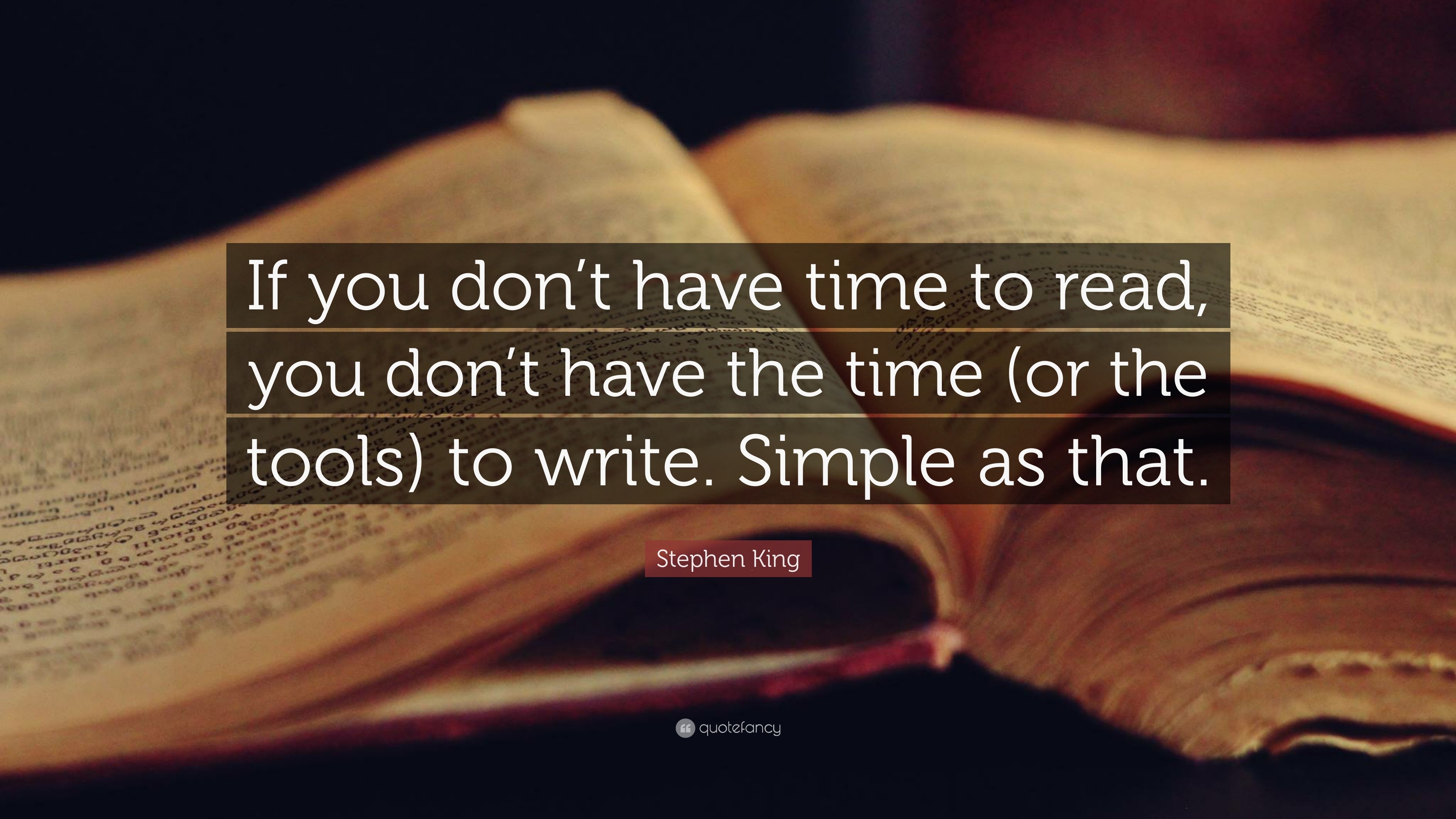Write from a healthy place.
That's a phrase you may see kicking around the vast array of writing blogs now and then. But what does it really mean?
For the past seven months, I've been thinking about that concept--ever since last spring when I dove headfirst into a writing frenzy, trying to get
The Brightest Thread written in time for the Realm Makers conference. I've written under deadlines before, but that self-imposed deadline was one of the hardest I've faced. In three months, between thirty-hour work weeks and chores and family/friends and blogging, I turned a 20,000 word novella into a 70,000 word novel,
and edited it once or twice.
I don't say that to brag (because goodness knows there are faster writers out there anyway), just to explain that by the time Realm Makers finished, I was ready to collapse.
Now, I'm glad I made that ambitious goal for myself. I really am. But there were days--even weeks--along the way that I was near burnout. Even though I loved the story, I wasn't loving the writing. In fact, as I thought back to the novel I'd been writing
before TBT, I realized I wasn't loving that writing either.
I had to do something different! This wasn't the way the writing life was supposed to go, at least not forever. The stress, the perfectionism, the stalling, the obsessive fixation on word counts, the constant drive to write, write, write . . . it didn't feel healthy at all.
So that got me thinking. What would healthy writing look like for me?
Like I mentioned, this post has been simmering in the back of my mind for months, so there's lots I want to cover with you today! But before we begin, start imagining the answer to that question: what does healthy writing look like
for you?
Here are eight ways I'm currently trying to rediscover my balance as a writer.
1. A healthy writer works under pressure, not stress.
I love goals. Love 'em! Give me alllll the deadlines and deliverables and tracking methods and checklists, especially when it comes to something I love (like writing). I'm the kind of person who thrives off the satisfaction of seeing things GET DONE. And the truth is, if I didn't set goals for myself, I doubt I would get much writing done at all.
Putting pressure on myself to push, grow, and achieve is a good thing. Right? Right . . .
as long as I have the right mindset. If that deadline causes panic, if that striving is festering with doubt, if the pressure is born out of fear--then I'm a stressed writer. And stressed writers can't keep up their frantic pace forever without crashing and burning.
Someone wise once told me long ago that two people could be under the exact same difficult circumstances, but their REACTIONS will determine whether or not they're stressed.
Stress isn't the circumstance. It's your reaction to it. And really, stress is just low-key fear. Fear that you're not good enough, fast enough, whatever enough.
Hey, all you lovelies participating in NaNoWriMo this month? You're under a lot of pressure! Writing 50k in a month isn't easy. And you may be looking around at others who surpassed the 50k mark days ago, and lashing yourself with a whip to keep up. Or you may be thinking about the faster pace you kept during last year's NaNo, and doing the same whip thing. NOT GOOD, FRIEND.
Rather than letting the pressure cripple you, choose to manage it.
Recognize that your worth isn't tied to your word count, writing goals, or ability to string sentences together. Then view the pressure as a challenge you're capable of beating.
And you know what? If you don't beat it, that's okay. No writing effort is a waste, and I'll bet you'll have fascinating war stories from the writerly battlefield at the end of it all!
2. A healthy writer tries new things and isn't afraid to fail.
The way I reacted to my self-imposed pressure last summer was to get stressed. And when I was stressed, I was afraid of all things
NEW.
I spent so much time trimming my novella down to a lean, mean 20,000 words. What if these new subplots I'm now adding are just fluff?
I've never written about nightmarish creatures like these before. What if this new dark side to the story is totally ruining it?
It's taking a lot longer for my protagonists to get to know each other than it did in the old version. What if this new length is slow and boring?
WHAT IF I'M WASTING MY TIME?
Even last winter, as I started rewriting my dragon/portal fantasy/YA novel
The Prophet's Key, all the new things I was writing scared me. I doubted my ability to handle a large cast, doubted the strength of the story, doubted the balance between fantasy world and earth, etc.
But when you write from a healthy place, you know when to take the pressure off. (Yes, there's good pressure and bad pressure.) You know it's okay to set aside all expectations and just try something new for the heck of it. Will you mess it up? Probably! But that's what first drafts--or rewrites--or edits--are for! The great thing about writing is that it's not at all like brain surgery. You don't have to get it right the first time.
So stop being afraid of failure, and just write that crazy, new, wonderful idea. On that note . . .
3. A healthy writer writes in his grow zone, not danger zone.
A year ago, my leadership college class spent a weekend at camp doing team-building activities, learning to trust each other. One thing I learned there is that everyone has three zones: your comfort zone, your grow zone, and your danger zone.
If you're not trying new things like we just talked about, you're safely within your comfort zone. And it's okay to be there--just as long as you're not there
all the time.
On the other hand, if you're pushing, pushing, pushing yourself to write nonstop; or if you really have bitten off more "newness" than you can chew and the crumbling failure is making you depressed or anxious about writing . . . you're working out of your danger zone.
See, in your comfort zone, you can't fall. You're steady. In your danger zone, you're overextended and unbalanced, and a fall can be damaging. But the happy middle, your grow zone, is where you're pushed just enough to keep growing, but not so far that you can't bounce back when things go haywire.
Know your limits. Push them--please do! But don't hurl yourself headlong at a limit that you know is a brick wall.* A concussed writer can't write well. And we want you writing, okay?
 |
| probably don't throw yourself at mirrors either please |
*At least not yet. You may very well smash that wall to smithereens sometime down the road--but it will be when you're ready.
4. A healthy writer paces herself.
"Write every day!" they chant. "One thousand words a day! Five thousand! WRITE A NOVEL IN A MONTH. EVERY SINGLE MONTH OF THE YEAR. GO!"
Hey, if you have fingers of steel and a crazy active imagination and all the time in the world, go for it! But a lot of us . . . just aren't that fast. At least not all the time. While a consistent writing habit is a necessity for those wanting to get published--and a nice discipline to cultivate for hobbyist writers--the logistics can and should look different for each person.
Some of you write a novel in a month (okay, a lot of you do that during November!). Some of you take years. Some write thousands of words a day, sometimes thousands of words in an hour. Some of you produce a paragraph here and there, then take a week to ruminate on the story's direction.
All of those are valid.
You know your schedule, the best time of day to write, how much percolating time your ideas need, how many other things are taking up space in your brain. You know you. So take all those posts and articles about writing every day with a grain of salt. Writing in your grow zone has a lot to do with learning how to pace yourself!
And you know what? Your pace will not stay consistent all your life. There will be times when you can go faster and harder--times when you certainly should. There will also be seasons when you need to relax, fit writing in where you can, and not worry about the slow progress. If you're in this for the long haul, you can't afford to run yourself ragged.
(My pal Savannah just posted yesterday on
the importance of taking a break! Check it out!)
5. A healthy writer reads.
Yeah, yeah, you hear this one all the time. That might be because it's true!
You need to keep your creative tank full! That may include inspiring music, your favorite shows, movies with great storylines, enjoying nature, looking at art, spending time on other creative hobbies besides writing, etc. All of those things can keep the pump primed. But reading is unlike all the others in that you're absorbing how another author puts words together, builds a plot, reveals character--ALL OF IT.
A strong reading habit does wonders for your own work, especially when you read widely and deeply!
6. A healthy writer invests time in learning the craft.
Do you ever get so caught up in writing that it all starts to sound the same to you? It starts to feel dull, uninspired, unoriginal, and suspiciously like everything else you've ever written?
It might be you've forgotten to keep learning.
The more you learn, the more you find out how much you don't know! Find yourself some books on the writing craft. Read quality blogs written by people further down the road than you. Talk to other writers of all ages, in all stages of the journey. Ask authors questions. (They're busy people, but a lot of them seem to love helping other writers!) Go to a conference if you can. Find a critique group, online or in person--because the truth is, even the very best writers
need feedback so they can work on their blind spots. Whatever you do, find some ways to invest in yourself! Your writing will thank you.
And as you're filling yourself with more knowledge, make sure to
put it into practice. (Going back to trying new things again!) A lake with inflow and no outflow grows stagnant very quickly.
7. A healthy writer is on an adventure.
You'd think that a girl with a blog named Adventure Awaits would be a thrill-seeking, danger-loving, Middle Earth-walking, questing sort of person. (Well, you might think that. Or you might think it's the most unoriginal name for a blog you've ever read, and you may not be far from right.)
Truth is, I really am a hobbit at heart, quite content to stay in my little hobbit hole where things are warm and familiar and quiet.
I get that way about my writing more often than I should. Because if all I write is what's easy and familiar to me, that gets boring. Sometimes I'm blessed with a proverbial Gandalf to give me a kick in the pants, but oftentimes, I have to be my own Gandalf. There are adventures to be had!
And yes, this sounds a lot like number 2 all over again--but it's more than trying something new.
It's having fun while doing it. Why do you write? Maybe there are too many stories in your head yelling to be let out, so you write for release. Maybe it's a hobby to keep your mind sharp. Maybe you have lofty dreams of changing the world with your books one day. But I would hope that most of you--
all of you--write because you enjoy it.
I love writing. I love the worlds I get to create, the countless journeys on which I embark, themes I explore, the characters whose stories weave with my own. Yet so many times, I slip into an unhealthy place where I stop loving it.
Why on earth would I knowingly do that to myself?
So here I am, giving myself and each of you permission to HAVE FUN.
Figure out what you love to write. My friend Christine had a great tip in her most recent
Beautiful Books post. (Definitely check out her blog, Musings of an Elf, if you haven't yet!) She said, "Don't forget to write the things you love."
It's silly, but I DO forget to add in my favorite kinds of characters, plot elements, and twists. I even forget to write the kind of
scenes I love, because I can get so wrapped up in structure and rules and doing it right. So let's make the most of every story!
Let's write about the things that make our hearts beat faster and our fingers fly over the keyboard and our minds take flight!
Write an adventure, dear soul.
(If you need some inspiration to start figuring out what you love to write,
here's my own list.)
8. A healthy writer covers it all in prayer.
I try to remember to breathe a little prayer every time I sit down at my keyboard. I also have a document set aside in which I sometimes write out those prayers, just to leave a permanent record that can encourage me in the future. Because if I truly believe that God is interested in my life and in my writing--that He in fact wants me to write--then why wouldn't I include Him in that process?
You don't have to go it alone. When you're struggling over a plot knot, or stumped about your next chapter, or lacking motivation--talk to God about it. When you're fangirling over your own characters, excited about that super intense scene coming up, or breathing a sigh of relief over finishing a project--celebrate it with God. He cares.
And He's kind of the most creative being in the UNIVERSE,
so do you think He might be able to help you through your writing predicaments? Um, how about YES.
If you're like me, the writing life is inextricably tied to your spiritual life, your "real" everyday life, and your emotional life. Why can't Bible verses like these apply to your writing?
As the deer longs for streams of water, so I long for you, O God. (Psalm 42:1)
He has given me a new song to sing, a hymn of praise to our God. Many will see what he has done and be amazed. They will put their trust in the Lord. (Psalm 40: 3)
For everything comes from him and exists by his power and is intended for his glory. All glory to him forever! Amen. (Romans 11:36)
So, my dear brothers and sisters, be strong and immovable. Always work enthusiastically for the Lord, for you know that nothing you do for the Lord is ever useless. (1 Corinthians 15:58)
And I am certain that God, who began the good work within you, will continue his work until it is finally finished on the day when Christ Jesus returns. (Philippians 1:6)
For I can do everything through Christ, who gives me strength. (Philippians 4:13)
I could go on and on. The point is, if writing is part of your life, it's part of God's heart. Hold to that. Hold onto Him.
This post grew long, but I hope that something in here will nudge you one step closer to writing from a healthy place. Your writing is worth it. You are worth it.
For convenience's sake, here are the 8 ways to rediscover balance listed all together. I'm taking a page from
Deborah O'Carroll's book (link leads to a fantastic post on 12 tips for depressed writers), and sharing a graphic:





























/cdn.vox-cdn.com/uploads/chorus_image/image/55610131/spider_man_homecoming_peter_ned_3840.0.jpg)



